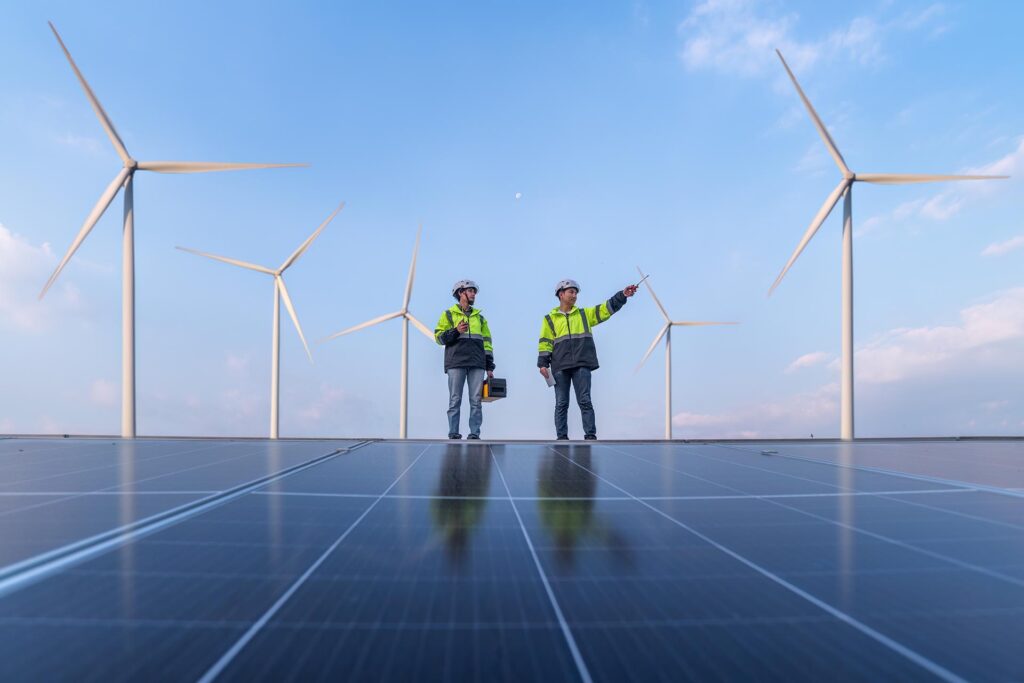
Solar power is one of the most effective solutions to reduce environmental damage. It generates clean, renewable energy directly from the sun. Unlike fossil fuels, solar power doesn’t emit harmful greenhouse gases. This means cleaner air and a healthier planet for future generations. The use of solar energy helps reduce our carbon footprint significantly. Solar panels require minimal water for operation, unlike coal or nuclear plants. This contributes to water conservation and protects aquatic ecosystems. Additionally, solar systems produce no noise pollution, making them ideal for urban settings. As climate change accelerates, solar power provides a sustainable alternative. Investing in solar is investing in a healthier Earth.
By shifting to solar, individuals and companies help decrease reliance on fossil fuels. Fossil fuel extraction and combustion are major contributors to pollution. They emit carbon dioxide, methane, and other greenhouse gases into the atmosphere. These gases trap heat and cause global temperatures to rise. In contrast, solar panels generate energy without any emissions. This change can lead to dramatic improvements in air quality. Cleaner air reduces respiratory illnesses and improves quality of life. Solar energy also reduces the need for mining and drilling. These activities often destroy natural habitats and pollute nearby communities. The environmental impact of solar is drastically lower.
One of the key environmental advantages of solar power is its ability to fight climate change. The global rise in temperature threatens ecosystems, food supplies, and public health. Solar energy reduces the amount of carbon emissions responsible for this warming. As more solar systems are installed, the cumulative reduction in emissions becomes more significant. Governments around the world are recognizing this potential. Many offer incentives to encourage solar adoption. These efforts support international climate agreements and sustainability goals. Transitioning to solar is part of the global strategy to stay below 1.5°C warming. It’s a powerful step in creating a stable future for the planet.
The environmental benefits of solar extend to land use and preservation. Rooftop solar installations utilize existing structures, requiring no additional land. This prevents deforestation and habitat destruction. Ground-mounted systems can also coexist with agriculture, known as agrivoltaics. These solutions promote biodiversity while generating clean power. Moreover, solar farms can be placed on degraded land unsuitable for farming. This makes efficient use of otherwise unproductive areas. Innovations continue to reduce the space needed for solar installations. Combining solar with other green technologies can amplify positive outcomes. Solar energy adapts well to urban, suburban, and rural landscapes. Its versatility makes it an environmentally conscious energy choice.
Recycling and sustainable manufacturing are also advancing in the solar industry. Manufacturers are finding ways to reduce the environmental cost of panel production. More efficient panels mean fewer resources are needed to generate the same amount of energy. Additionally, many components of solar panels are recyclable. This reduces electronic waste and supports a circular economy. As demand for solar grows, industries are becoming more eco-conscious. Government regulations are also guiding responsible production practices. These steps ensure the environmental benefits of solar start from the factory. Innovations like solar shingles and organic photovoltaics are pushing the limits. Cleaner production equals cleaner energy.
In conclusion, solar power is a vital part of a greener, cleaner future. Its environmental benefits are vast and measurable. From reducing emissions to conserving water and land, solar energy has a clear edge over traditional sources. Individuals, businesses, and governments all have a role to play. Supporting solar means supporting sustainability and climate resilience. As the technology advances, the impact becomes even more profound. Switching to solar is not just a smart economic choice. It’s a moral and environmental imperative. The more we invest in solar today, the more we protect our world tomorrow. Solar energy is truly power with a purpose.
